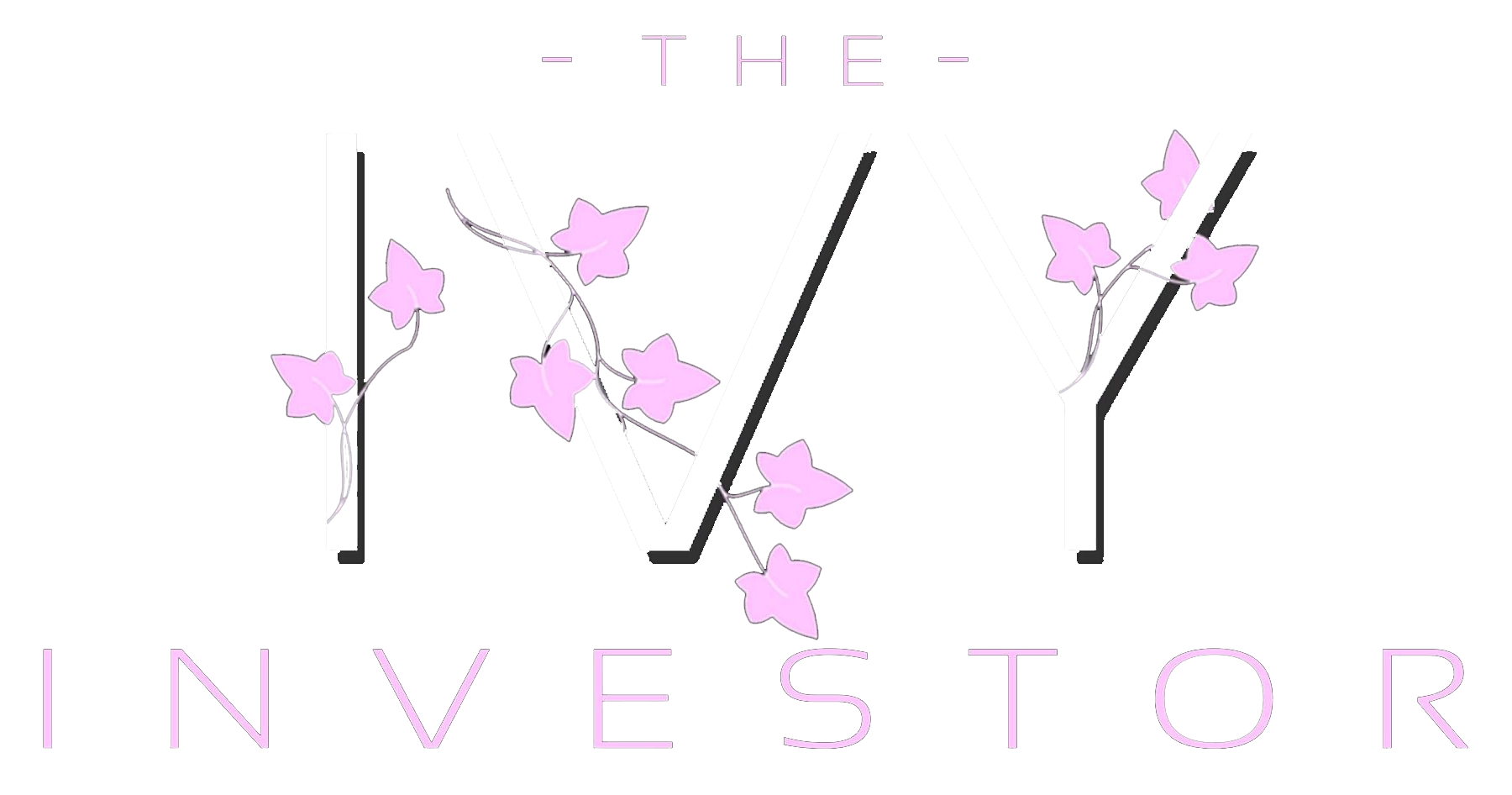Disclosure: This post contains my Public app invite link, if you join Public using my link, you will receive a free stock and I will receive a free stock too.
Last week, Reddit, more specifically the Reddit induced GameStop Short Squeeze, fueled triple-digit surge trading in GameStop and several other companies. These surges caused Robinhood to restrict trading shares in certain companies.
There’s no such thing as a “free” lunch
The Securities industry is more regulated than drugs. After the Stock Market Crash of 1929, Congress passed a litany of laws and regulations to include the Securities Act of 1933 and Securities Exchange Act of 1934. Essentially, Congress drafted these rules and regulations to protect investors and keep the integrity of the markets. These requirements include Securities and Exchange Commission (“SEC”) net capital obligations and clearinghouse deposits for brokerage firms.
By 10 am every trading day, clearing brokers, including Robinhood Securities, must meet deposit requirements to support their customers’ trades between the trade date and settlement date. It takes two days for the clearinghouse to transfer the stock once it is sold to the buyer and money to the seller. Settlement time is also known in the industry as trade date plus two (“T+2”). In other words, because the money from trades is not instantly available, the broker is required to have a certain amount of cash on hand.
Last week’s extreme market activity caused the National Securities Clearing Corporation (NSCC) to demand Robinhood deposit an additional $3 billion to cover risky trades by its customers. Robinhood enacted temporary buying restrictions on stocks which caused the deposit requirement increase, such as AMC Entertainment and GameStop to reduce its exposure and deposit requirements.
“Did something maybe shady go down here?”
On Sunday, Elon Musk had a conversation on the new social media app, Clubhouse with Robinhood CEO Vlad Tenev. Elon Musk asked, “Did something maybe shady go down here?” referring to the outrageous deposit required by NSCC and speculation that Robinhood had restricted trading to help Wall Street firms recover their losses. Tenev quickly shut him down, saying, “You’re getting into conspiracy theories a little bit.”
It wasn’t just Robinhood who restricted buying on certain stocks. TD Ameritrade, Charles Schwab, and Interactive Brokers enacted similar measures. These companies completely restricted purchases and allowed only sales of GameStop, AMC, and several other stocks, that were the targets of excessive trading.
Tenev noted that the restrictions were placed as a result of the large deposit required by the clearinghouse, and they had to “take steps to limit buying in those volatile securities to ensure [Robinhood] could comfortably meet our requirements.”
If you leave, don’t let Uncle Sam take all of your profits
The trading restrictions angered many Robinhood customers. However, investors have to realize that with the requirements set by the SEC, trading is not as “free”—literally and figurately as they’d like or hope.
A few weeks ago, before the Robinhood debacle, I moved my Robinhood account to Public. I did not move because of the hiccups of Robinhood, although the March 2020 mess tested my resolve. I moved to Public because I firmly believe that new investors need access and education. I feel that Public allows investors to provide context for their trades, which can assist any level investor in their journey.
If you’d like more information about public, join me here.
I still believe Robinhood is a decent app for educated investors who need more access. Robinhood provides features such as options trading and margin that many large brokerage firms require $25,000 to get started. However, I can appreciate that Robinhood investors may want out. One person went so far as to file suit in even filed suit in Federal Court in New York alleging, among other things, “Robinhood has deprived investors of ‘shorting’ GME in the hopes the price drops.” As an indication of how I believe this particular lawsuit will fare, Robinhood does not allow its customers to be short. From my understanding, there are other possibly more credible lawsuits brewing. In the event you decide to leave Robinhood, I encourage you to do so thoughtfully.
Many investors, new and old alike, believe that to move their account from one brokerage firm to another, they have to “cash-out” or sell all their holdings. Anytime you sell a capital asset, i.e., stock, there are tax implications. When you liquidate (sell) all of your stock positions, you are creating a taxable event. If you have held a stock for less than a year, you will pay your ordinary income tax on your gain. If you have held any stock for over a year, you will pay the more favorable capital gains rate. The goal is to limit tax implications as money is made.
Here’s my suggestion. I suggest an “in-kind” transfer, which means you transfer your stocks from one account to another. In-kind transfers are also referred to as ACAT transfers. An in-kind transfer has no, or very little, tax implications because the transfer only liquidates, or cashes out, fractional shares in instead of full shares. There’s a cost with transferring shares “in-kind” but many brokers, i.e. Public, will cover the transfer if you have over a certain amount in your account.
However, managing your goals is equally as important as managing your tax liability. What are you trying to do? Is the goal to leave your broker or sell your stocks or both? Either way, consider speaking with a tax advisor before you do anything. It’s not time to leave Robinhood, unless you feel that the platform no longer meets your needs.
Related
Related Posts
Three Things Investors Need to Know About the GameStop Short Squeeze
Quality picks
- Nouveau Casino En Ligne
- Top Casino Online
- Siti Casino Online Non Aams
- Siti Scommesse Non Aams Affidabile
- Casinos Not On Gamstop
- Gambling Sites Not On Gamstop
- Non Gamstop Casinos
- UK Online Casinos Not On Gamstop
- UK Online Casinos Not On Gamstop
- Best Non Gamstop Casinos
- Casino Sites Not On Gamstop
- Casino En Ligne
- Slots Not On Gamstop
- Non Gamstop Casino
- Migliore Casino Non Aams
- Siti Casino Online Non Aams
- UK Casino Not On Gamstop
- Meilleur Casino En Ligne 2025
- Casino Zonder Cruks
- Slots Not On Gamstop
- UK Slot Sites
- Non Gamstop Casinos
- UK Casino Sites Not On Gamstop
- Meilleur Casino En Ligne Avis
- Gambling Sites Not On Gamstop
- Casino Sites Not On Gamstop
- Meilleur Casino En Ligne
- Casino En Ligne Belgique
- Casino Non Aams
- Casino Non Aams Sicuri
- Casino En Ligne France
- 씨벳 도메인
- オンライン カジノ バカラ
- Top Casino En Ligne
- Real Money Casino App
- Casino En Ligne
- 홀덤 사이트
- Casino En Ligne Français
- Casino Non Aams Italia

